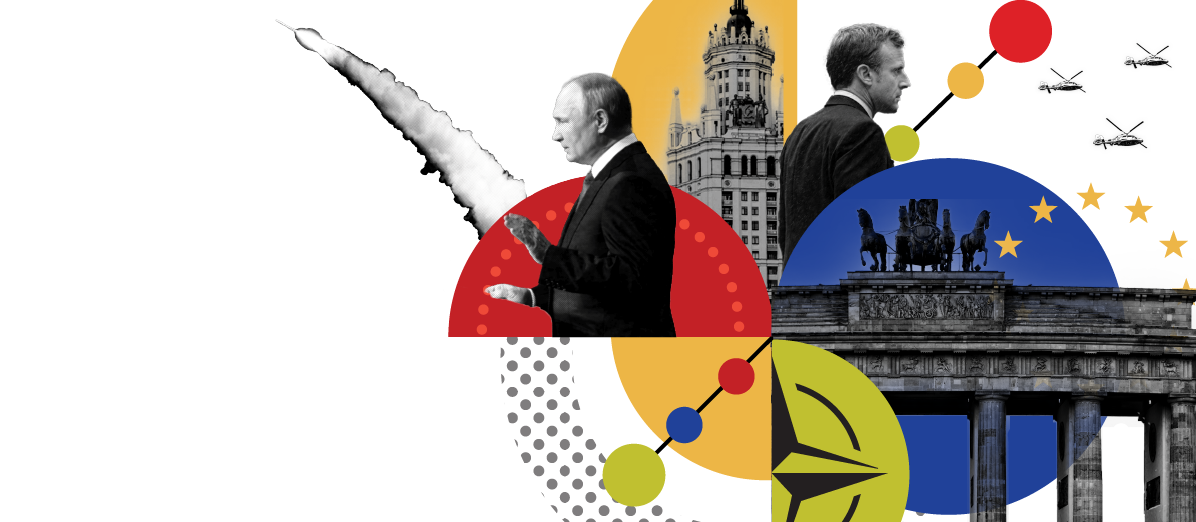A nation must think before it acts.
Access the Winter 2022 Issue here
Nils Schmid, Ph.D., is the Foreign Policy spokesman for the Social Democratic Party (SPD), and is a member of the Bundestag, representing the constituency of Nürtingen in Baden-Württemberg. He joins Orbis editor Nikolas K. Gvosdev in conversation on the future of Germany.
Nikolas K. Gvosdev: To what extent is there going to be continuity in Germany’s foreign relations after the 2021 elections, especially since this is the end of the “Merkel era”?
Nils Schmid: Broadly speaking, you should expect continuity rather than deep changes. I think that Chancellor Angela Merkel embodied the broad European, trans-Atlantic orientation of German foreign policy that is more, or less, shared across the political spectrum. Probably the most important change will take place in our relationship with the People’s Republic of China. That change has something to do with path dependency; meaning, that after more than ten years of tenure, Merkel was very reluctant to change course on China—pursuing engagement through closer trade and economic relations—even after the circumstances of China’s politics and the broad tendencies of China’s politics had changed dramatically. So, I would expect the most visible change, which has begun already to some extent on the European Union level, but also in German foreign policy circles, regarding our relationship with the Indo-Pacific region overall.



